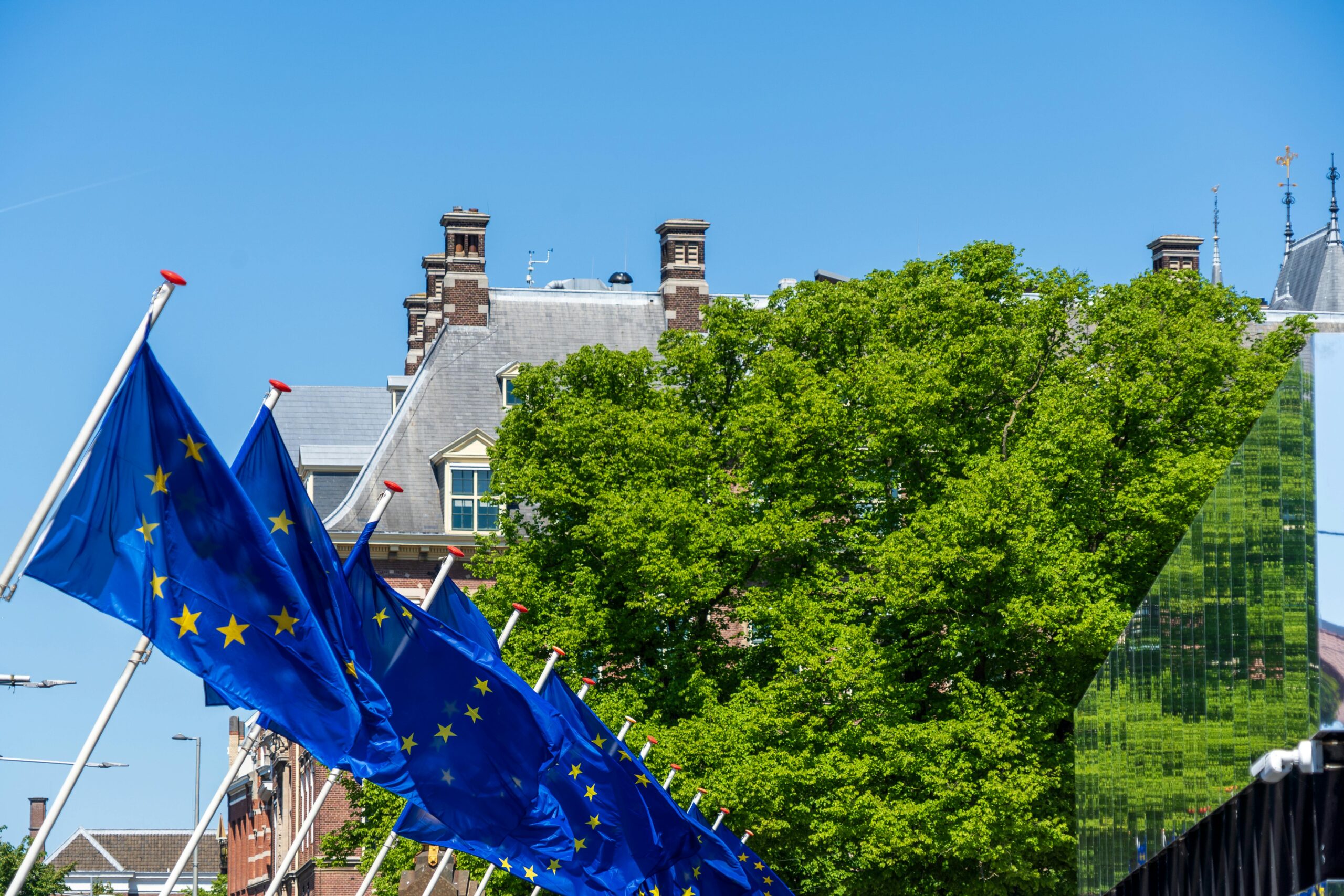The European Commission announced plans to cement its position as a global leader in research with new calls worth over €1.25 billion becoming available under the Marie Skłodowska-Curie Actions (MSCA). The MSCA funds research and innovation by equipping researchers with new knowledge and skills through mobility across borders and exposure to different sectors and disciplines. The initiative also helps to build Europe’s capacity for research and innovation by investing in the long-term careers of excellent researchers.
The MSCA also funds the development of excellent doctoral and postdoctoral training programmes and collaborative research projects worldwide. The new funding aims to support cutting-edge research and focuses on developing research talent and fostering international collaboration, with targeted support for early career researchers and displaced Ukrainian scientists.
The European Commission will be announcing two new calls for funding to invest in research careers and global collaboration:
- The MSCA Doctoral Networks – consisting of €597.8 million to recruit and train doctoral candidates in academia and other sectors.
- The MSCA & Citizens – consisting of €16.3 million to bring science closer to the public through the European Researchers’ Night and Researchers at Schools activities.
Additionally, with a budget of €22.5 million in 2025, the ‘Choose Europe for Science’ plan aims to strengthen research careers in Europe by funding postdoctoral programmes beyond project-based work. Organisations can receive funding for up to 36 months, followed by a two-year phase sustained by the host institution.
These programmes are open to researchers from across the world, reinforcing “Europe’s ambition to attract and retain top talent while embedding research excellence into local R&I ecosystems.” The call will open on 1 October 2025.
The additional funding investments demonstrate the EU’s commitment to long-term research capacity building and talent development. The MSCA supports both scientific excellence and broader societal impacts by increasing mobility, interdisciplinary experience, and public engagement.
Additionally, by targeting support for Ukrainian researchers and fostering global collaboration, the initiative has a geopolitical and humanitarian side, further reinforcing the EU as a research hub with inclusive values.

